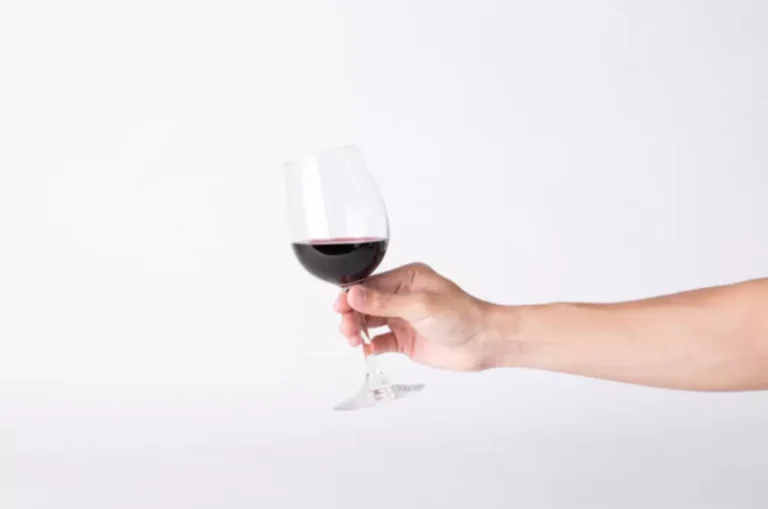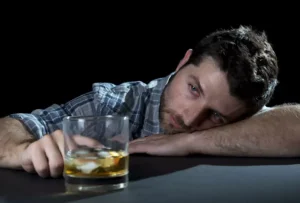Why Do Alcoholics Crave Sugar? The Science Behind the Cravings

However, you’re still dealing with an addiction that can cause health problems in the long term. This is because we tend to prioritise a more immediate reward, like the pleasure of eating, over one that’s delayed or abstract – including health goals that will make us feel good in the long term. One of the first steps is eat the orange instead of the store-bought orange juice, which has the fiber removed and often sugars added to it.

Role of Dopamine in Sugar Cravings

Fine tuning your eating habits and lowering your sugar intake is secondary. Recovery from alcohol use disorder (AUD) not only involves addressing the psychological and physiological aspects but also requires attention to nutritional needs. Poor nutrition in recovery can exacerbate pre-existing health concerns, such as weight-related issues, malnutrition, and nutrient deficiencies. It is crucial to prioritize why do alcoholics crave sugar low-sugar and nutrient-dense foods to support recovery and overall well-being. Similarly, alcohol consumption also stimulates the release of endorphins and dopamine in the brain, contributing to the rewarding effects of alcohol. The shared release of these neurotransmitters in response to both sugar and alcohol suggests a common neural pathway between sweet preference and alcohol dependence.
Why Are Sugar Cravings Common in Alcoholics?
It’s really easy to eat (or overeat) sweets without realizing it — especially, Czerwony notes, if you’re grazing or mindlessly snacking. “Everybody’s level of athleticism and pain tolerance is different,” Czerwony notes. If you have fibromyalgia, for example, and can’t run, let’s do some seated exercises, or let’s go for a light walk.

An Inpatient Drug Rehabilitation Center Isn’t Always the Answer

There are psychological and physiological reasons as to why this occurs. Alcohol increases insulin secretion and prevents the liver from releasing glucose, making heavy drinkers susceptible to hypoglycemia. As a result, individuals in recovery from alcohol abuse may experience cravings for sugar, as they become tolerant to sugar due to their alcohol intake. However, it is important to be cautious, as excessive sugar intake can replace alcohol cravings and potentially lead to sugar addiction. For individuals in recovery from alcoholism, cravings for sugar can be a common occurrence. Understanding the reasons behind these cravings is essential for managing them effectively and maintaining sobriety.
- Understanding these stages helps in creating effective treatment strategies.
- Drug rehab programs vary in length, from short-term options of a few weeks to long-term residential programs lasting up to a year, offering tailored care to address individual needs.
- That’s like if the entire population of Texas started eating dessert for dinner.
- Discover the vital role of rest in boosting performance and health.
The role of professional support and nutritional strategies in managing these cravings will be further explored in the following sections. And after we satisfy our craving, dopamine is released again, which creates this positive reinforcement loop. There is another neurotransmitter at play, serotonin, also called the happiness hormone.
Treatments and Services
Mapping Out the Addiction Treatment Centers in the U.S

